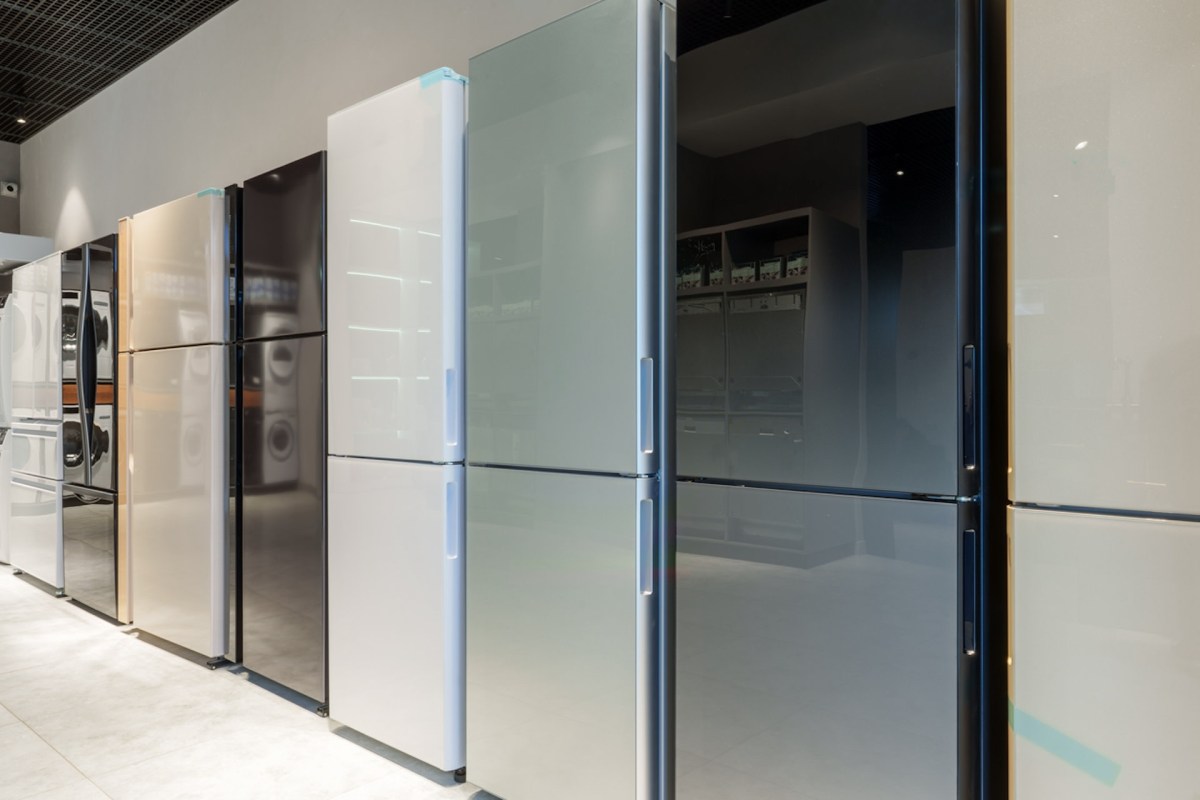Have you ever wondered what happens to your old refrigerator once you're ready to part ways? Turns out, recycling refrigerators is no easy task. Whirlpool Corporation, manufacturer of home appliances, is working on a way to make refrigerators more sustainable.
The Wall Street Journal interviewed Pam Klyn, the Executive Vice President of Corporate Relations & Sustainability for Whirlpool, about the new advancements in refrigerator technology.
Refrigerators and freezers rely on polyurethane foam, also used in cushions, walls, and mattresses, for insulation. While effective at keeping your food cold, the foam poses significant recycling challenges. Klyn said: "When you recycle a refrigerator, you have to separate the components into the different materials, and this polyurethane foam sticks to the molded plastic door liners and sticks to the metal exterior panels. And so separating all that gets really challenging."
Even when the foam is successfully separated, disposing of it is another problem. "You can't incinerate polyurethane foam because it emits poisonous gases. So because of this 1.3 million tons of polyurethane foam go to landfills every year," Klyn said.
It's clear that polyurethane foam isn't an eco-friendly option — so what's next? Klyn said Whirlpool is developing "a very porous powder … [with] a much lower level of thermal conductivity, or simpler said, a higher level of insulation properties."
Implementing this new technology presents a new set of challenges, like redesigning the entire fridge to accommodate the new material. Still, Whirlpool is optimistic about the impact of these changes on our environment.
Watch now: Alex Honnold test drives his new Rivian
The Environmental Protection Agency reported that "roughly nine million refrigerators/freezers … are disposed of each year." With proper recycling, we could lower ozone-damaging pollution, prevent harsh chemicals from leaking into our soil, save necessary landfill space, and reduce overall energy consumption. With Whirlpool's developing technology, the future of fridges and effective appliance recycling looks promising.
Whirlpool called it "the biggest innovation in refrigerator technology in the last 50 years," and Klyn says, "There's a lot of work to be done here."
Join our free newsletter for weekly updates on the coolest innovations improving our lives and saving our planet.









